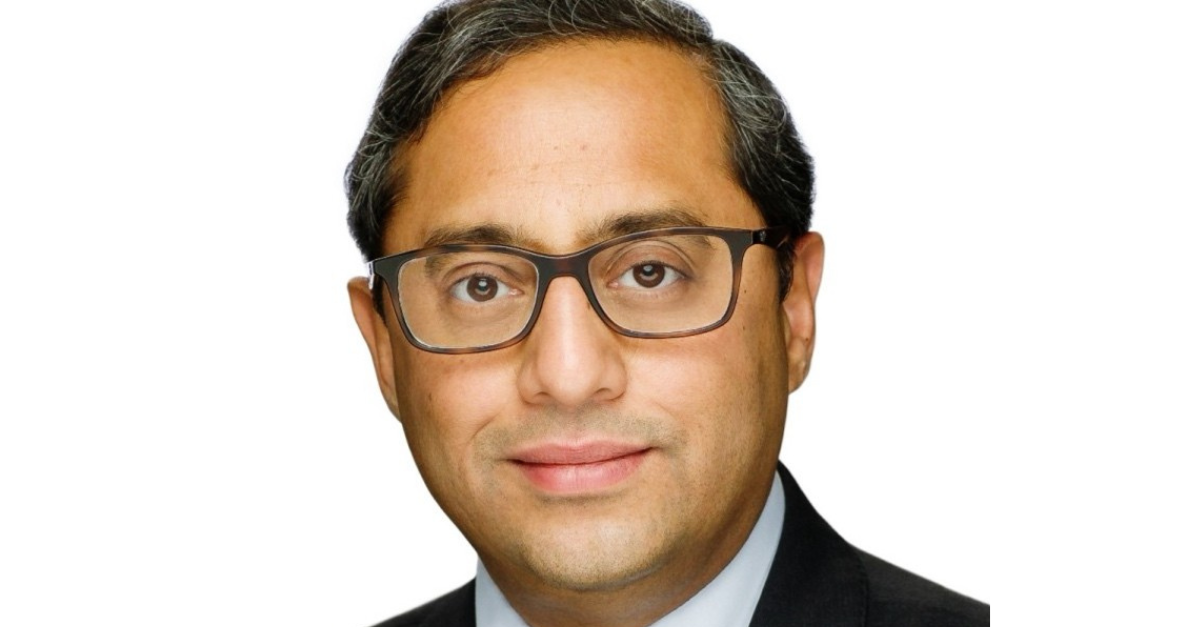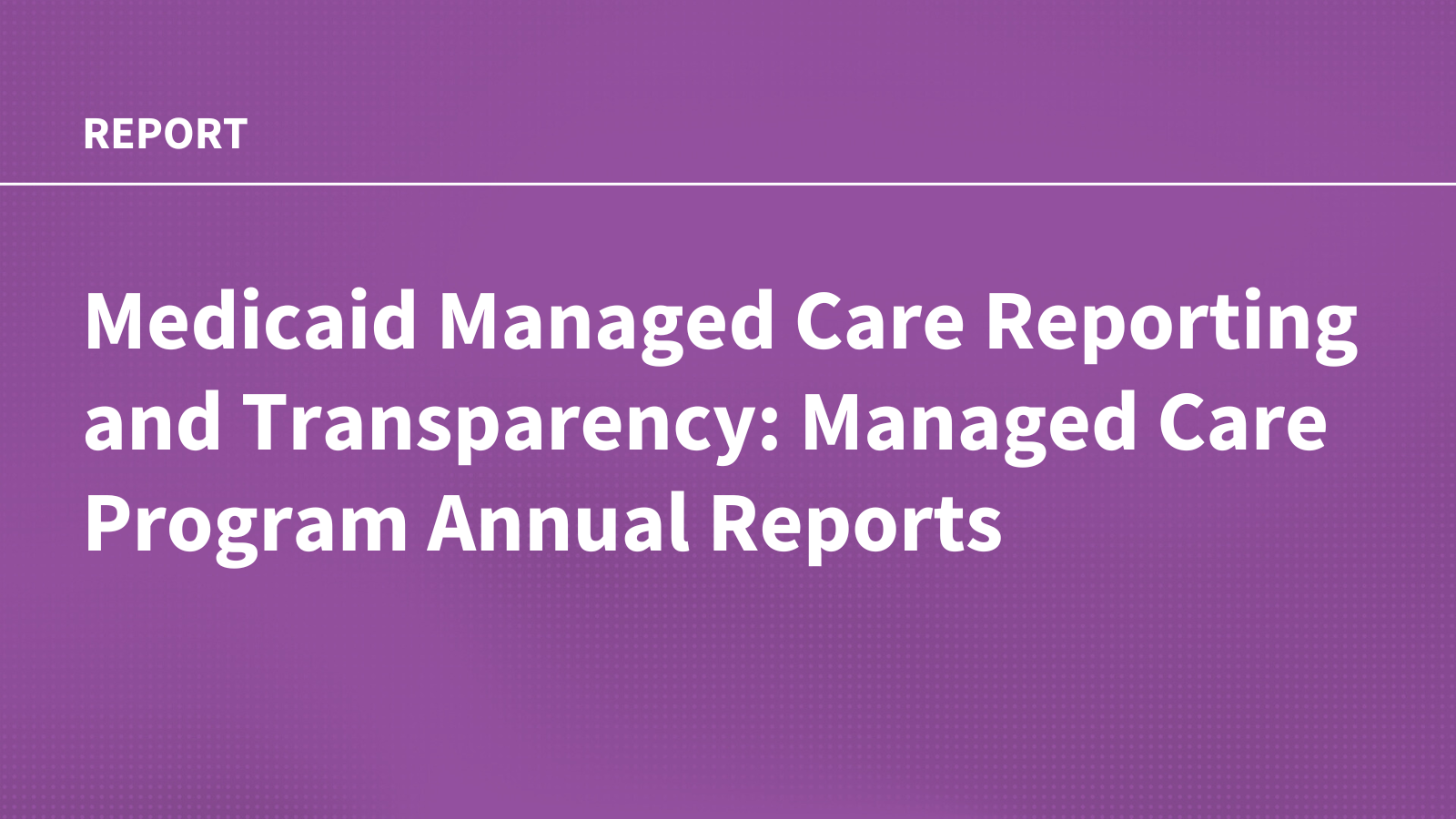A recent decision from Anthem Blue Cross Blue Shield in three states to stop paying for anesthesia care in select circumstances has drawn widespread scorn from anesthesiologists and patients.
The insurer already appears to be backtracking. On Dec. 5, Connecticut Comptroller Sean Scanlon said that Anthem agreed the new policy will no longer go into effect, reported WFSB. Hours later, New York Governor Kathy Hochul posted a similar message. Now, it appears the policy is completely rescinded in Missouri as well.
“There has been significant widespread misinformation about an update to our anesthesia policy,” an Elevance Health spokesperson told Fierce Healthcare in a statement. “As a result, we have decided to not proceed with this policy change. To be clear, it never was and never will be the policy of Anthem Blue Cross Blue Shield to not pay for medically necessary anesthesia services. The proposed update to the policy was only designed to clarify the appropriateness of anesthesia consistent with well-established clinical guidelines.”
In mid-November, the American Society of Anesthesiologists (ASA) attacked Anthem for a new proposal they say significantly restricts how often the health plan pays for anesthesia. If a procedure or surgery extends past an Anthem-imposed time limit, the health plan will no longer pay for the care. The policy was set to go into effect by Feb. 1.
“This was so much out of left field,” said ASA President Don Arnold. “We’ve never seen anything like this.”
Under the new policy, Anthem would have utilized CMS Physician Work Time values and the policy would not have applied to patients under the age of 22 or in maternity-related care cases. The ASA said Anthem’s plan promotes incorrect clinical timekeeping and an anesthesia code “may apply to vastly different surgical procedures.”
Arnold said it is the latest example of commercial insurers looking to cut corners and stop paying for services, although this is a step beyond previous efforts. The group met with Anthem for 30 minutes in November but no follow-up meeting was rescheduled.
During the meeting, the insurer initially intended on piloting this policy in these three states but wanted to soon expand the policy nationwide, said Arnold. At first, the policy only applied to commercial insurance products, but by Dec. 1, Anthem expanded the policy to include its Medicaid population.
If a surgery takes 115 minutes when it has to be completed within 100 minutes, Anthem would not pay for anesthesia for the entire surgery in the commercial market. In managed care, the insurer will pay up to the 100 minute mark. Physicians would be able to appeal decisions, though that creates another layer of administrative burden, and hospitals would soon discover they aren’t getting paid fully for services.
The ASA is uncertain how exactly the new time allotments are calculated.
“They’re using some Medicare information that was not designed to be used for payment considerations and applying it to non Medicare patient population,” said Arnold.
Anesthesiologists traditionally make less money through Medicare than commercial insurance. Last month, the ASA said cuts to the anesthesia conversion factor in the CY 2025 Medicare Physician Fee Schedule would “compound financial strain” these practices feel.
The U.S. Government Accountability Office found that private insurance payments are more than 3.5 times greater (PDF) than Medicare payments.
Government officials in Connecticut pushed back against the policy, including state senator Jeff Gordon, R, in a letter to the insurer on Nov. 20, who said the policy creates impossible challenges for providers.
“For example, if a woman is undergoing a hysterectomy for fibroid bleeding, and her surgeon makes a medical decision within accepted standards of care to extend the surgery time to control bleeding in the surgical field, Anthem BCBS’s time limit rule leaves the surgeon and anesthesiologist with two options: 1) Continue the surgery, and the patient will incur additional anesthesia charges beyond the time limit (possibly leading to crippling medical debt); or 2) Prematurely stop the surgery because of Anthem BCBS’s time limit,” he wrote.
Connecticut Attorney General William Tong said in a post the practice could qualify for an unfair insurance practices claim, before the plan changed it mind.
UnitedHealthcare CEO Brian Thompson was shot and killed outside of the company’s investor day Dec. 4. Commentary online varied significantly, with some showing little remorse because of health insurers’ reputation to delay and deny care. Simultaneously, Anthem’s new policy went viral, leading to more outrage from frustrated onlookers.
“The shooting yesterday was an unspeakable tragedy and a sad reflection of violence and the lack of civility that I think we’ve seen in our society,” said Arnold. “My thoughts and prayers are with the family, friends and co-workers impacted, and in many ways, devastated by the tragic shooting. Our issue is completely separate.”
Anthem is part of Elevance Health.
Publisher: Source link










